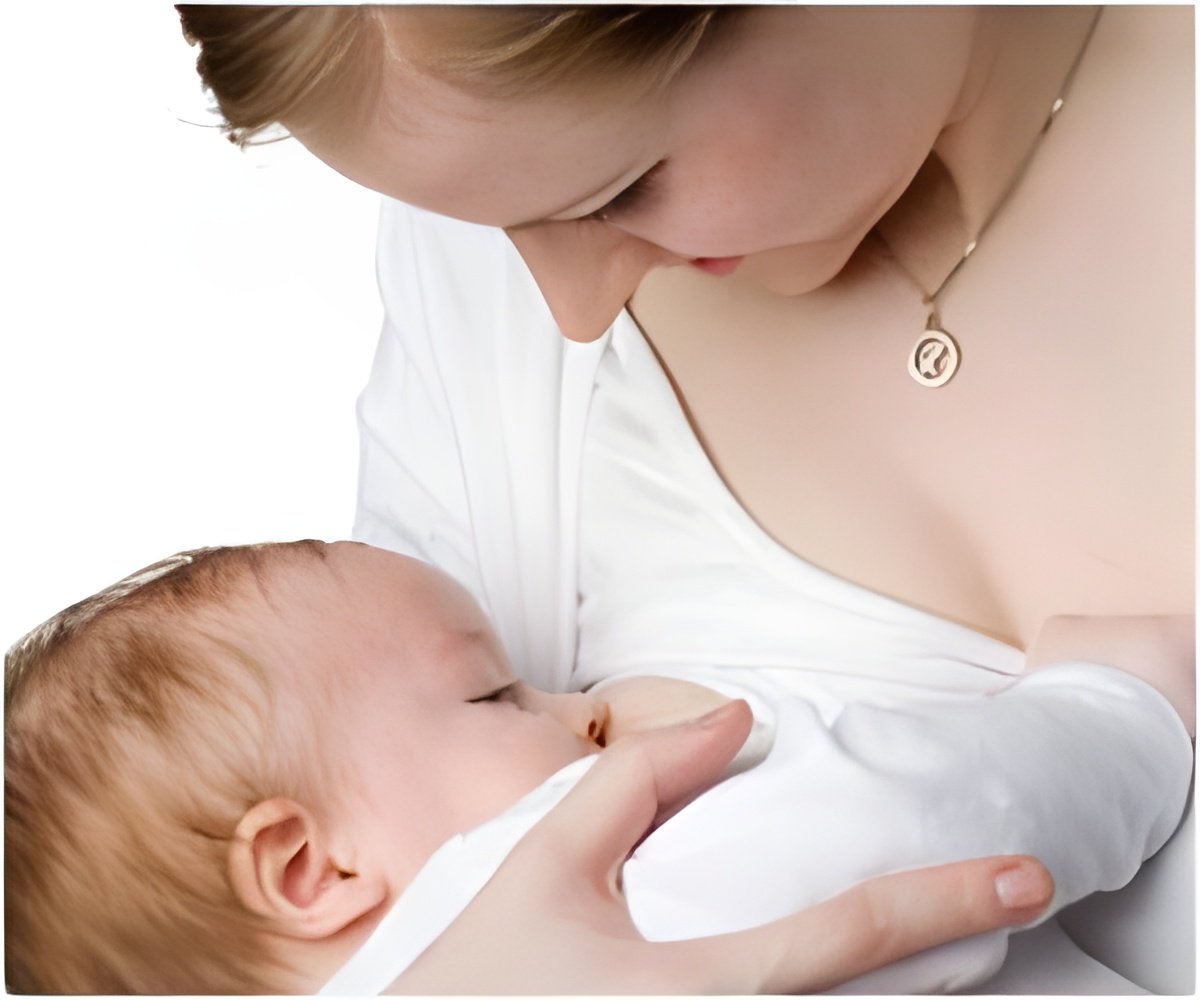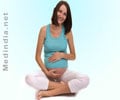A woman's breast cancer risk more than doubles if she delivers a high-birth-weight baby, reveals research from the University of Texas Medical Branch at Galveston.

"We also found that women delivering large babies – those in the top quintile of this study, which included babies whose weight was 8.25 or more pounds – have increased levels of hormones that create a 'pro-carcinogenic environment.' This means that they have high levels of estrogen, low levels of anti-estrogen and the presence of free insulin-like growth factors associated with breast cancer development and progression," said lead author Dr. Radek Bukowski, professor of obstetrics and gynecology in the Division of Maternal-Fetal Medicine. "Women can't alter their pregnancy hormones, but can take steps to increase their general protection against breast cancer." Dr. Bukowski notes that breastfeeding, having more than one child, following a healthy diet and exercising have been shown to reduce breast cancer risk.
The study, published in the July 17 issue of PLoS ONE, builds on accumulating evidence that a woman's own birth weight and that of her children are linked to breast cancer. However, this is the first study to explore whether each is an independent risk factor. Dr. Bukowski's team examined two cohorts of women from distinct data sets:
• The Framingham Offspring Birth History Study, which has studied generations of women via medical examinations and laboratory assessments. Dr. Bukowski's team studied 410 women from this study, observed between 1991-2008, and maternal birth weight, infant birth weight and results of later examinations (e.g., breast cancer diagnosis) to determine breast cancer risk. The researchers also looked at data from the study on known breast cancer risk factors, such as age, race/ethnicity, body mass index, diabetes, use of hormone replacement therapy and maternal history of the disease, among others.
• The First and Second Trimester Evaluation of Risk for Aneuploidy (FASTER) trial, which examined pregnancy hormones in nearly 24,000 women at 15 U.S. clinical centers between 1999 and 2003. The study included assessments of the hormones that affect infant birth weight and breast cancer risk – estriol (E3), anti-estrogen alpha-fetoprotein (AFP) and pregnancy-associated plasma protein-A (PAPP-A).
Approximately 7.6 percent of the women from the Framingham cohort in this study were later diagnosed with breast cancer. The researchers found that the risk of breast cancer was two-and-a-half times higher in women whose infant's birth weight was in the top quintile compared with women whose infant weighed in the lower quintiles. Importantly, the risk was shown to be signficiant independent of the birth weight of the mother and traditional breast cancer risk factors.
Advertisement
"Recent animal studies have suggested that breast stem cells, which are involved in the origins of breast cancer, may increase or decrease their number in response to hormone exposures, including ones during pregnancy," added Dr. Bukowski. "They retain a 'memory' of prior hormone exposure, which could explain the increased risk of breast cancer seen following pregnancy, especially in women with a large birth weight infant. The hormones create a long term effect that may lead to breast cancer later."
Advertisement
Subsequent studies will also focus on testing whether having an infant of high birth weight improves prediction of future breast cancer.
Source-Eurekalert















